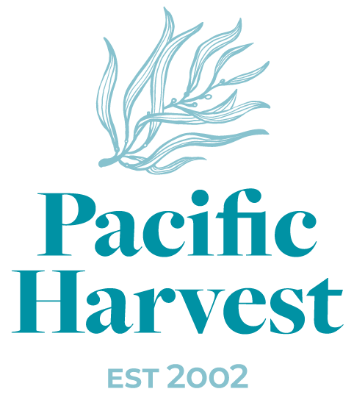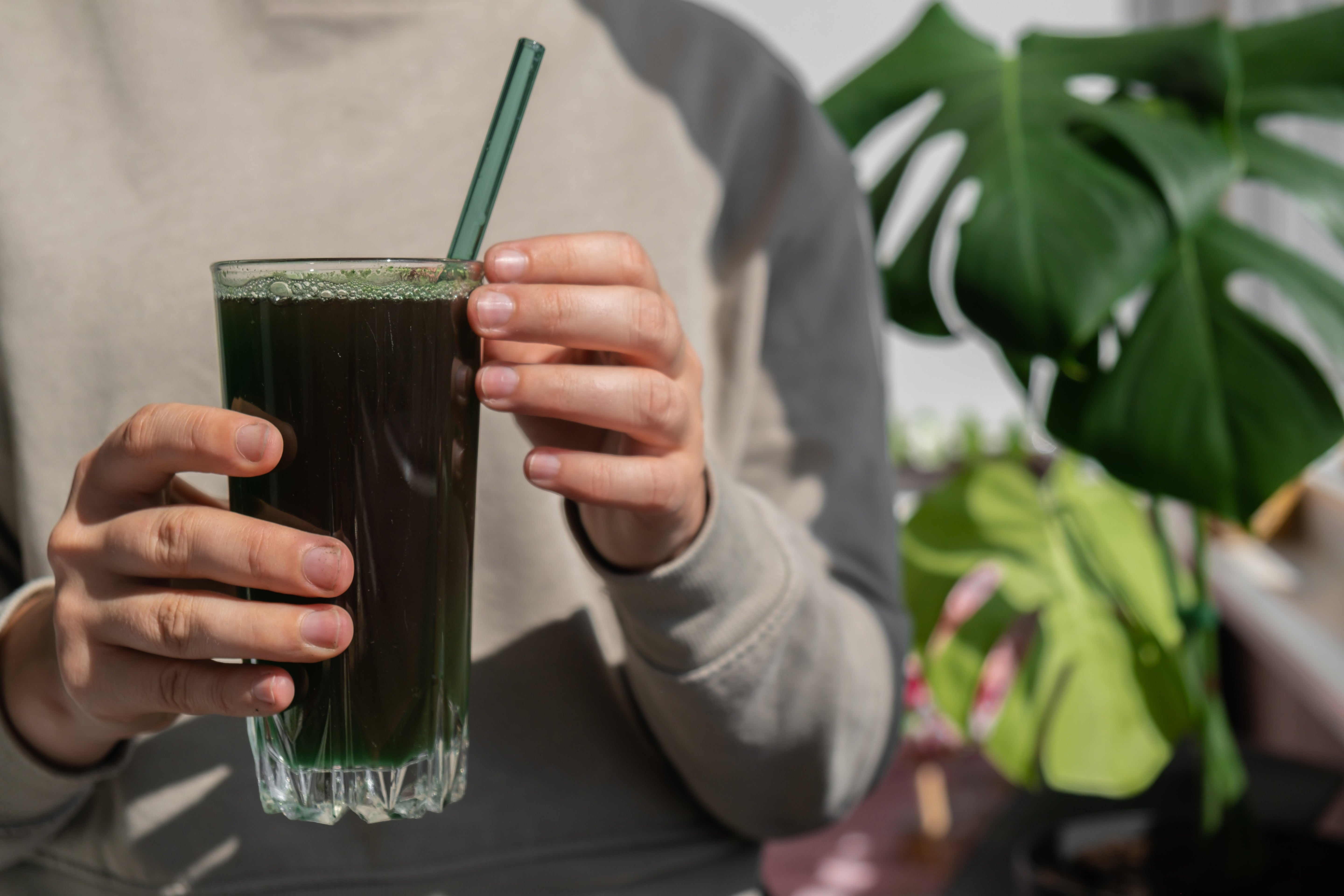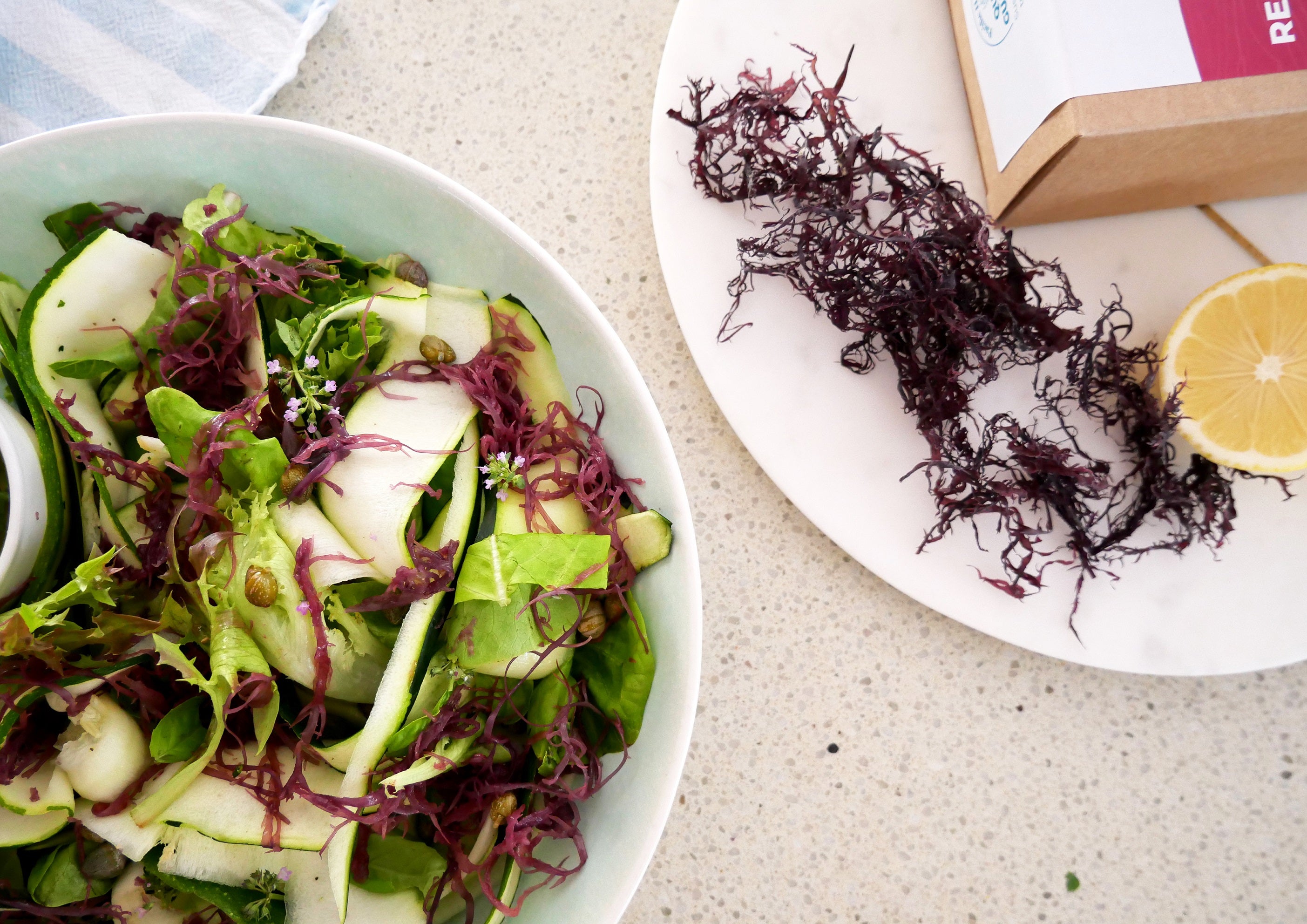Iron is one of the most talked-about nutrients in plant-based nutrition. If you’ve ever felt tired, low in energy, or been told you’re low in iron, you’ll know why it matters. But could seaweeds, nutrient-packed vegetables from the ocean, be a helpful addition to your diet to support your iron intake?
Let’s dive into how small, regular amounts of certain seaweeds, may help maintain healthy iron levels, especially if you follow a plant-based diet.
Why Iron Is So Important
Iron is a trace mineral, meaning the body only needs small amounts each day, but those small amounts are critical. Iron plays a key role in carrying oxygen in your blood, supporting energy production and metabolism, and aiding brain function and immune health. Low iron can lead to Iron Deficiency Anaemia (IDA), causing symptoms like fatigue, weakness, brain fog, shortness of breath and reduced physical performance.
The Challenge for Plant-Based Eaters
There are two types of dietary iron:
- Haem iron (found in animal product like meat and seafood), is highly bioavailable (easily absorbed)
- Non-haem iron (found in plants and seaweeds), is less bioavailable (less easily absorbed)
When you eat a plant-based diet, you rely almost entirely on non-haem iron. That means getting enough, and absorbing enough, takes a bit more planning.
Seaweed: An Iron-Rich Plant-Based Food
Whilst seaweed is technically algae not a plant, it can be viewed as the ocean’s equivalent of a plant. Certain varieties, like Dulse and Sea Lettuce, are naturally rich in iron, offering more iron per gram than spinach!
Seaweeds can also offer advantages that support iron absorption: Unlike many grains and legumes, seaweeds contain minimal phytates, compounds that can block iron absorption.
Some seaweeds even contain vitamin C, which helps the body absorb iron more efficiently.
In fact, research shows that adding just a few grams of seaweed to bread or rice can significantly increase the amount of iron your body absorbs from that meal. Seaweed is very nutrient-dense, but also very light, meaning typical serving sizes are small. So, while it’s rich in iron per gram, it’s best seen as a booster food, not a main source of dietary iron. Using it to season your meal for example would be an easy way to incorporate it in a small quantity.
Is Seaweed Essential for a Plant-Based Diet?
The short answer: no, but it’s an excellent addition to meals if you eat only (or mostly) plants!
You can get enough iron from beans, lentils, leafy greens, nuts, seeds, fortified foods, and vitamin C-rich fruits and veggies. However, because seaweeds are so efficient at absorbing the micro-nutrients in sea water, by adding sea vegetables you get:
- a useful dose of iron,
- a natural source of iodine, selenium and other trace minerals (micronutrients which are often lower or not available from land-grown plants),
- a way to diversify your meals with umami flavours and new textures.
Can Seaweed Cure Anaemia?
Seaweed may help support iron intake, but it is not a treatment for iron deficiency or anaemia. It’s helpful because it boosts total iron intake, works well with other plant foods, and adds variety. However, it’s still non-haem iron, so absorption is lower than animal-based iron. If you are low in iron, you may need iron supplements and dietary support under the guidance of a doctor or dietitian.
Easy Ways to Add Iron-rich Seaweeds to Your Diet
- Add a serving of Sea Lettuce or Dulse flakes to your morning smoothie
- Sprinkle Sea lettuce into bread dough or add it instead of parsley to your quinoa or other
- Sprinkle dried seaweed flakes over salads, grains, or popcorn
- Stir seaweed into soups, miso broth, or stir-fries
If you pair your seaweed with vitamin C-rich foods (like citrus, tomatoes, or capsicum) this will boost iron absorption.
Seaweed isn’t a magic cure for iron deficiency, but it’s one of the most nutrient-dense, iron-rich plant foods you can add to your diet. For plant-based eaters, seaweed is a powerful booster food: small amounts deliver big nutrition, support optimal iron levels, and bring the added benefits of minerals and antioxidants from the sea. So, while you don’t have to eat seaweed for iron, making it part of your weekly routine is a simple, tasty way to naturally bolster your iron levels.






